Cardinal William W. Baum, longest-serving US cardinal, witnessed and made history. May he rest in peace.

The late Cardinal Baum in a 1996 photo by Grzegorz Galazka, published in the book Cardinali Del Terzo Millennio by the Vatican Press.
Cardinal William W. Baum, the archbishop of Washington from 1973 to 1980, died on July 23 at the age of 88 after a long illness. He was a cardinal for 39 years — the longest such tenure in US Church history. Cardinal Baum witnessed history from the Second Vatican Council through the election of the first Latin American Pope, and he made history himself.
The soft-spoken Cardinal Baum, whom some of the Vatican’s Swiss Guards called “the gentle cardinal,” found no merit in his longevity. “It’s a gift from God,” he said.
His death leaves the College of Cardinals with 200 members, 120 of whom are under the age of 80 and therefore eligible to vote in a conclave.
Cardinal Donald W. Wuerl, the current archbishop of Washington, said in a statement that Cardinal Baum would be “remembered for his kindness and dedication to the ministry to which God called him.”
“With his death I have lost a longtime friend,” said Cardinal Wuerl.
Then-Archbishop Baum in 1976 was named a cardinal — at 49, one of the world’s youngest. Beginning in 1980, he served at the Vatican, first as Prefect of the Congregation for Catholic Education and then as Major Penitentiary, or head of the Apostolic Penitentiary, one of the Vatican’s three tribunals, until his retirement in 2001.
In 1979, as the archbishop of Washington, he hosted St. John Paul II on his first pastoral visit to the US, joining him for a Mass for 175,000 people at the National Mall and for a visit to the White House with US President Jimmy Carter.
One year earlier, the cardinal had participated in the conclaves that elected Pope John Paul I and later Pope John Paul II. Cardinal Baum said the world’s cardinals were not surprised by the latter’s election — they knew him well as a man of great faith, intellect and courage.

Pope John Paul II as he greeted Cardinal Baum at the Vatican in 1997
(CNS photo/L’Osservatore Romano)
In 2005, following the death of St. John Paul II, Cardinal Baum acted as the senior cardinal priest in the conclave that elected Cardinal Joseph Ratzinger. Cardinal Baum and Cardinal Ratzinger were the only two cardinals who had voted in three conclaves, in 1978 and 2005.
A pioneer in ecumenism, then-Msgr. Baum participated in drafting the Council’s landmark decree on ecumenism that was approved in 1964 — the same year the US bishops named Msgr. Baum the first executive director of their newly-formed Committee on Ecumenical and Interreligious Affairs.
In 1970, Msgr. Baum was appointed by Pope Paul VI as bishop of Springfield-Cape Girardeau, Missouri. Three years later, the Pope named him archbishop of Washington. From 1972 to 1975, he served as chairman of the US bishops’ Committee for Ecumenical and Interreligious Affairs.
On a larger stage, Cardinal Baum led the Vatican Congregation for Catholic Education from 1980 to 1990 as it undertook studies of every US seminary and oversaw the drafting of new guidelines for Catholic colleges and universities. While at the education congregation, he also served on the commission that developed the Catechism of the Catholic Church.
“It (the catechism) is a great achievement,” Baum said. “Every home should have it, and it should be read. We live in a world of flux. We’re buffeted by winds (of change) in doctrines and ideologies. We need very much a sure Catholic guide to what the Church believes, teaches and transmits.”
The cardinal’s work in reaching out to people of other faiths made a lasting impression on his priests, including Father Tom Kalita, the pastor of St. Peter Parish in Olney, Maryland, who was ordained by then-Archbishop Baum in 1974. He praised the cardinal as a man whose dialogue with people of other Christian denominations was rooted in respect. “You build bridges by having a respect for individual persons… He always sees people as children of God, as brothers and sisters in Jesus,” Father Kalita said.
Bishop William Murphy of the Diocese of Rockville Center, New York, said of Cardinal Baum, “All who knew him came under the spell of his quiet, holy demeanor. This was so with the ‘rich and famous’ and equally so for a consecrated woman or the man who sold us newspapers outside St. Peter’s. He was the most cultured man I have ever known. And he was always available with a modesty that was genuine and an interest in others that made him a favorite confessor and a priest who counseled many and brought so many persons back into the Church.”
– Zimmermann is editor of the Catholic Standard, newspaper of the Archdiocese of Washington.
Cardinal Giacomo Biffi, former Archbishop of Bologna, “prophetic and pugnacious” defender of the Faith
Humor, realism and profound culture characterized the life of Cardinal Giacomo Biffi, who died on July 11 at the age of 87 after a long illness. The former Archbishop of Bologna had retired in 2003.
A courageous defender of orthodox Catholic thought, Biffi was not above using the concrete in teaching theology: speaking about eternity, he once theorized the “theology of tortellini” — the stuffed pasta which originated in Bologna — by saying: “Eating a tortellino with the aim of eternal life is always better than eating it thinking that you will go into the abyss.”
Giacomo Biffi was born on June 13, 1928 in Milan, and was ordained a priest of the Archdiocese of Milan in 1950, when he was just 22. Blessed Paul VI appointed him auxiliary bishop of Milan in 1975; he became Archbishop of Bologna in 1984.
St. John Paul II made Biffi a cardinal during the May 1985 consistory, and he was among the members of the Congregations for the Evangelization of Peoples, the Clergy, and Catholic Education.
Once he was appointed Archbishop of Bologna, Cardinal Biffi described the city as “comfortable and desperate,” and this formula became even more famous than his episcopal motto, “Ubi fides ibi libertas” (“Where faith is, there is freedom”).
Pope Benedict XVI held Biffi in great esteem — in fact, during the 2005 conclave that eventually elected Benedict, Biffi complained, “I’ve been getting this one vote,” to a cardinal next to him at the end of the third ballot. “If I ever find out the obstinate person who is responsible for this, I’ll slap him in the face.”
It turned out to be Cardinal Ratzinger who had voted for Biffi; the colleague said to Biffi, “If you are to keep your word, you will have to slap the Pope!”
Vatican observer Edward Pentin notes that Cardinal Biffi’s “prophetic and pugnacious defense of the Catholic faith” came to include, in later years, an expertise in identifying characteristics of the Antichrist, and predictions of the tyranny of an “ideology of homosexuality” that would eventually result in forms of persecution.
In 2004, the Italian cardinal described the Antichrist as “walking among us” and, quoting Vladimir Soloviev, a Russian theologian, said he will appear “as a pacifist, ecologist, and ecumenist” and probably be a prominent philanthropist.
Biffi predicted that this man would seek to unify all the religions, thus excluding the Catholic faith of Tradition. “The masses will follow him, with the exception of small groups of Catholics, Orthodox, and Protestants,” he said.
At a Lenten retreat Biffi led for the Roman Curia in 2007 — at the request of Pope Benedict — he warned that if Christians limited themselves to speaking of “shared values,” they would be “more accepted” in society, “but in this way, they will have renounced Jesus, the overwhelming reality of the resurrection.”
At the end of the retreat, Benedict thanked Biffi for his “realism, sense of humor, and concreteness” — and also for “mentioning the daring theology of one of your housekeepers: I would not dare to submit the phrase ‘The Lord has perhaps his defects’ to the judgment of the Congregation for the Doctrine of the Faith.”
In his memoirs (Memorie di un Italiano Cardinale), Biffi addressed the issue of homosexuality, saying, “Christian thought teaches us to distinguish between the respect we owe to persons… and the rejection of any applauded ‘ideology of homosexuality.’”
Biffi added that “the ideology of homosexuality — as every ideology which becomes aggressive and aspires to political gain — has become a threat to our legitimate autonomy of thought: whoever does not share it, risks being condemned to a sort of cultural and social marginalization.”
And when the Congregation for the Doctrine of the Faith issued the declaration Dominus Iesus on the unity and salvific universality of Christ on August 6, 2000, he strongly defended it from critics who arose even from within the Church — including Cardinal Walter Kasper, then president of the Pontifical Council for the Promotion of Christian Unity.
In another book, La Bella, la Bestia e il Cavaliere (The Beauty, the Beast and the Knight), Cardinal Biffi wrote of the Second Vatican Council, echoing Pope Benedict’s famous description of a parallel “council of the media,” saying that “a virtual Council arose, which has a place not in the history of the Church, but in the history of ecclesiastical imagination.”
Marcello Pera, president of the Italian Senate from 2001 to 2006, called Biffi “a hero of the Church, a giant of doctrine. He had no hesitancy in theology and didn’t bend it to trends or to the powers of the moment. He didn’t think that mercy should make exceptions to truth or that truth was abstract and needed the integration of mercy to render it alive, practicable and acceptable.”
May he rest in peace, and may eternal light shine upon him.


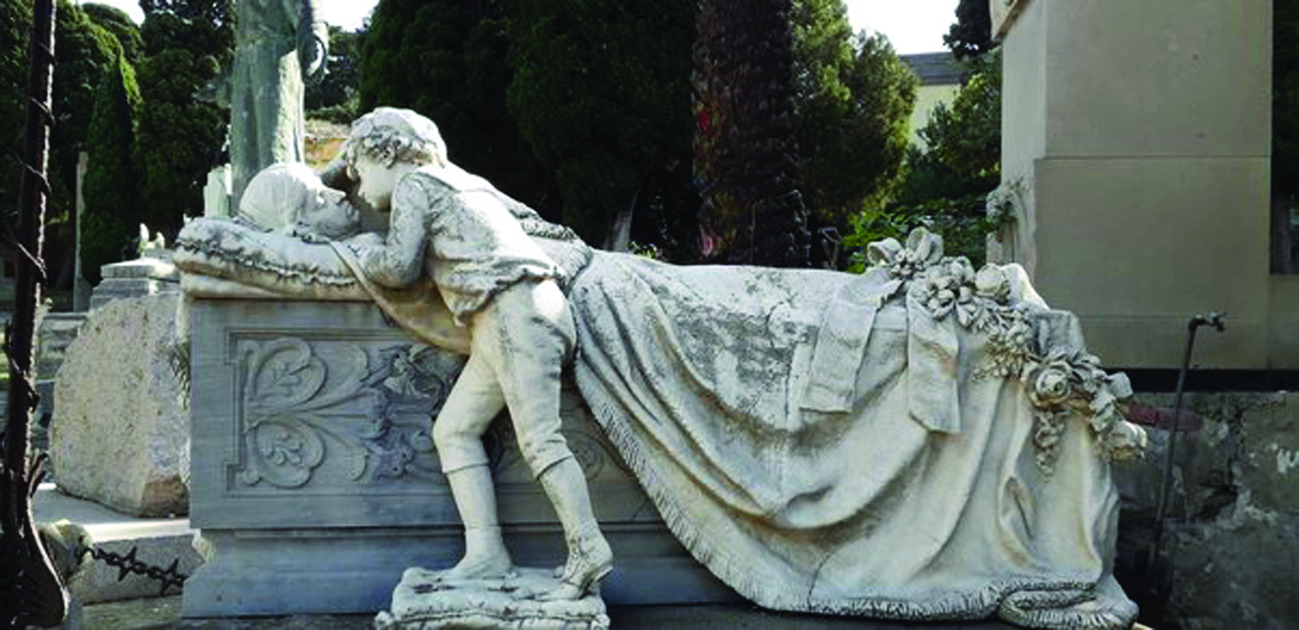
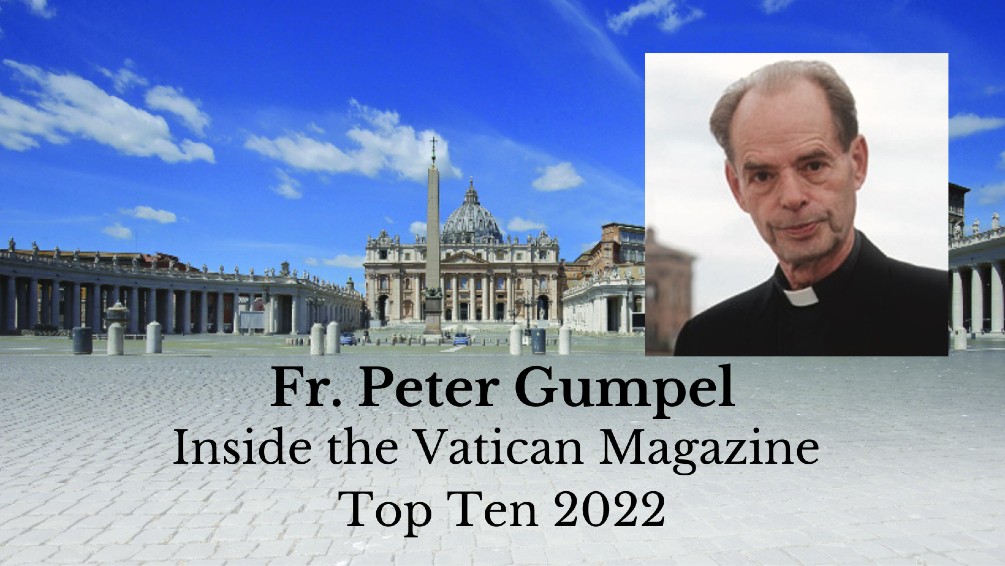
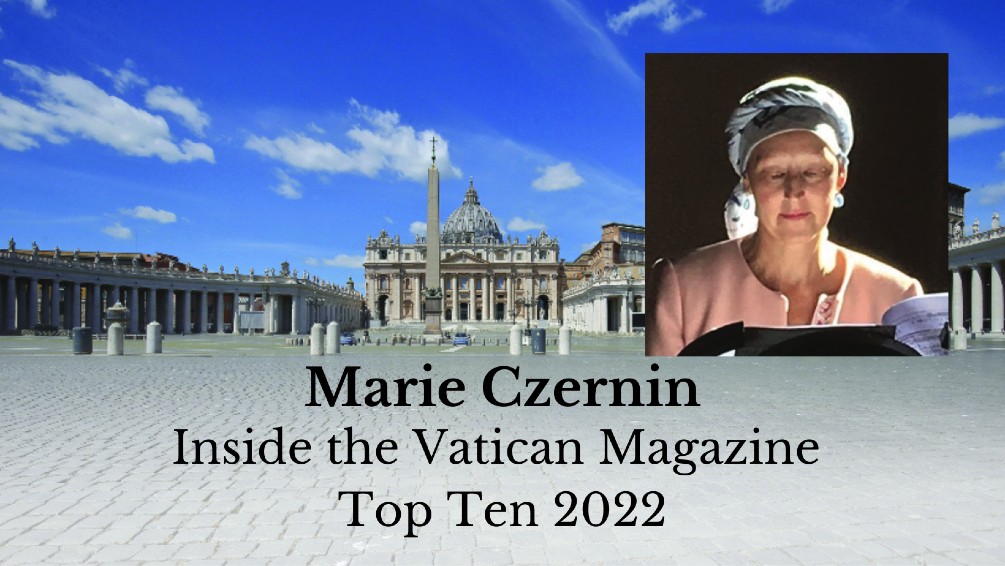
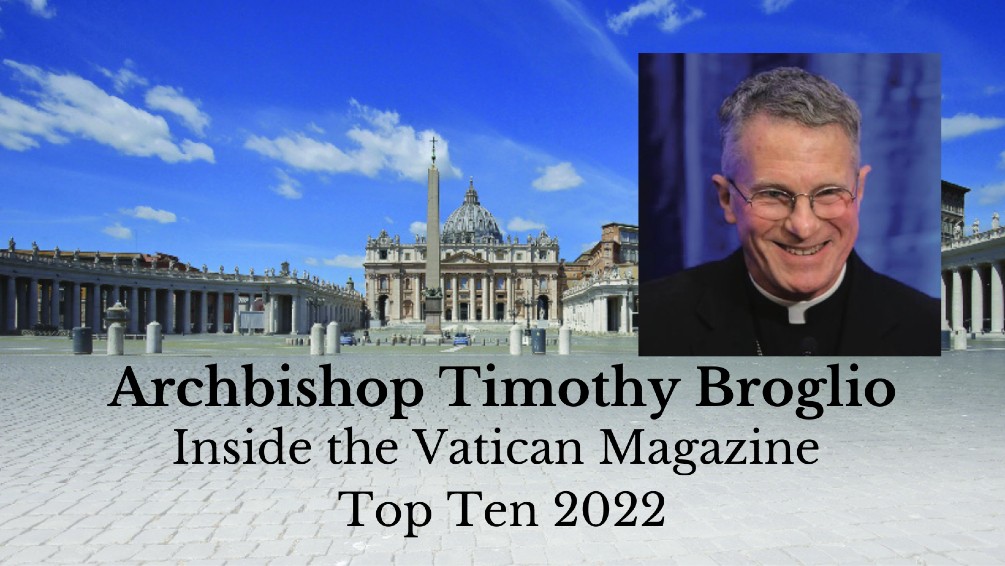
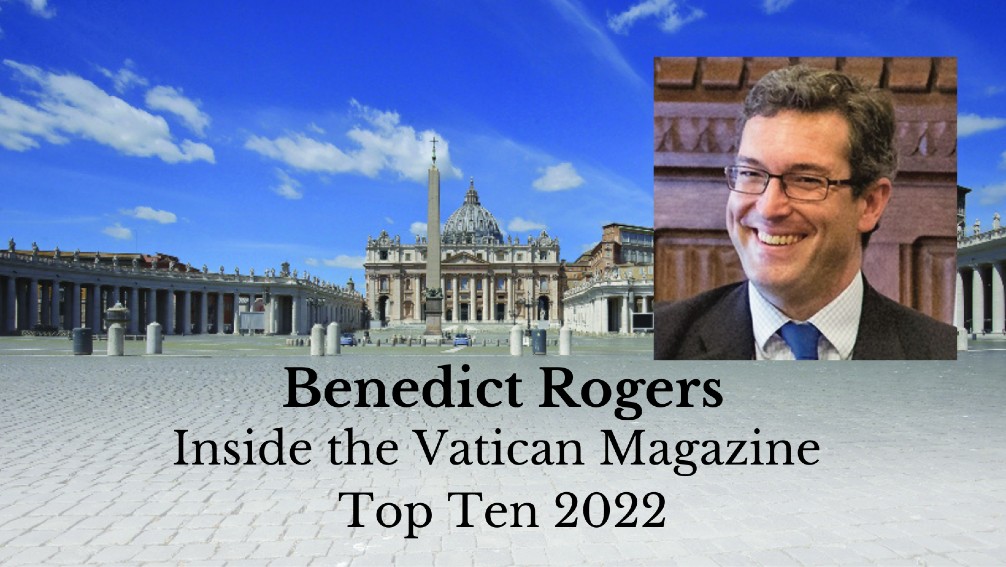
Facebook Comments